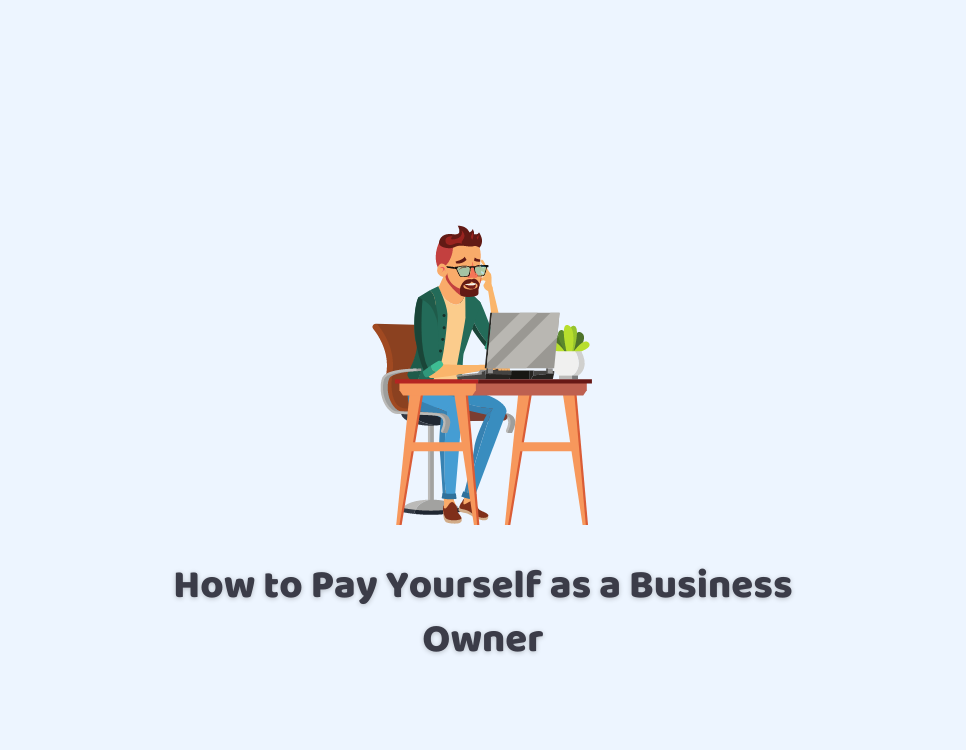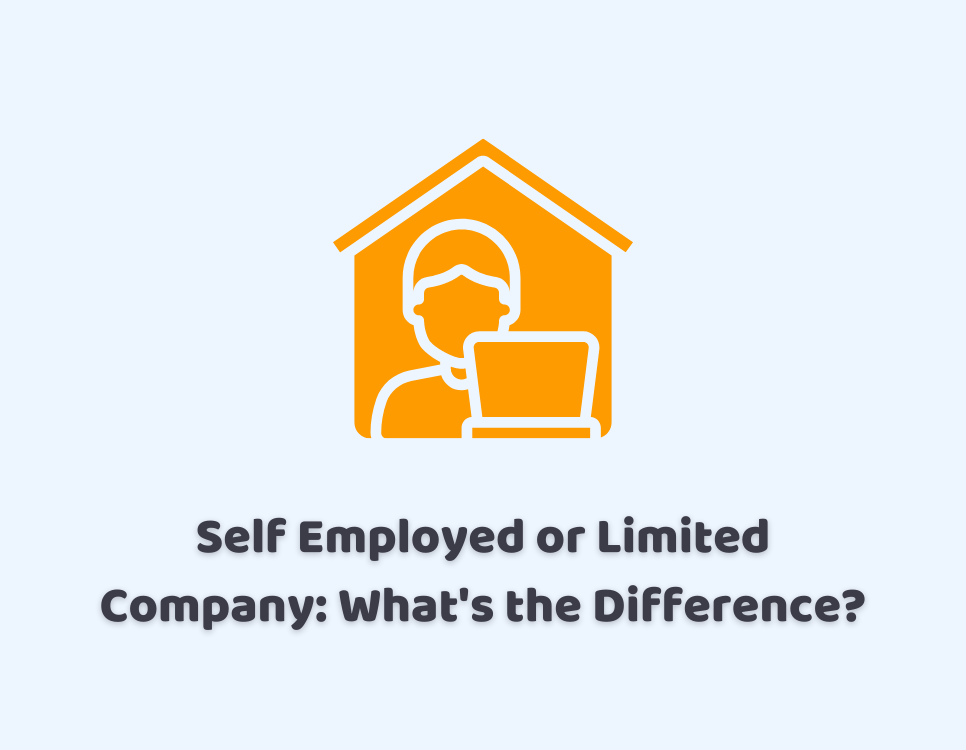
15/04/2022Business , Business Growth Ideas
When you are associated with the business as an owner regardless of the size of your business, you definitely realise that it affects your business growth when you pay yourself for it. Further, you are even taxed on that pay as well. How to pay yourself as a business owner is something really important to understand to avoid any bad impact on your business growth.
If you have not set up a specific type of structure, this makes you come under the sole trader business structure automatically. Further, in today’s article, we will talk about how to pay yourself as a sole trader, in partnership, and as a company.
Before we delve into the discussion, let’s have a look at the point we have got covered here in the article. This includes the following:
- Learn to Pay Yourself as A Partner and Sole Trader
- How to Pay Yourself As A Business Owner or Company
- How much to Pay Fairly?
- Final Thoughts
Stuck with your accounts and looking for a helping hand? How about you get our guys on a quick call. We love talking about taxes, payroll management and any opportunities that help you expand your prospects. Call us on 020 8686 8876 or email us today.
Learn to Pay Yourself as A Partner and Sole Trader
The simplest way that usually the sole traders and the individuals in partnership use to pay themselves is to withdraw the cash payment from the business account. These kinds of personal withdrawals from the business accounts are added to the list of profits. This amount is also taxed by the end of the tax year.
It is also recommended to keep the amount in a separate account and keep adding chunks every month. This amount of separate money will help to pay the tax when it is due by the end of the tax year.
How to Pay Yourself As A Business Owner or Company
The usual practice of the company owners is to pay themselves as a salary amount. The process is carried out in the same way as it is in other jobs. In the business book records, the salary amount is added under the details of business expenses. The owner has to pay personal income tax on it as well.
It is popular among small businesses and company owners that they withdraw the amount as salary and adjust it in the profits of the company.
We get in touch with our expert accountant to obtain information and get a tailored kind of meeting schedule that suits your business requirements.
How Much to Pay Fairly?
Once you understand the suitable way to pay yourself for your business as an owner, the next step is to decide how much you must pay yourself. To seek a balance between the what is the requirement of household expenses and what is the need of your business is challenging.
Let’s explain this in the following steps:
- Business Needs
- Maintain Balance
- Household Expense
Maintain Balance: The negotiable balance between household requirements and business needs is important for your own tranquillity. Don’t try to avoid the give and take policy in the initial stage of your business.
Business Needs: There must be enough cash to cover the business needs like reinvestments, expenses, and rainy day funds. A detailed record of the money you owe to others and the due expenses will help to withdraw the right amount of cash.
A separate account must have a separate amount of cash for the taxes to avoid haphazard and hard days for your business. In the phase of business disruptions, the amount of around 90 days should be available for the safer side.
From a reinvestment perspective, the required amount for the replacement tools, new ideas, or new hirings should be enough.
Household Expense: The day to day living expenses come under the household budget. You should not forget to take care of regular expenses as well as the debt repayments and plan for retirement.
Final Thoughts
Now that you have developed a basic understanding of How to Pay Yourself As A Business Owner, we can sum up the discussion by saying that it will depend on the nature of your business type. However, seeking that balance point between your business needs and household requirements will bring you tranquillity.
We hope these few minutes of reading will help to make the right decision for the business and flourish it like never before. However, you can always seek more professional advice as well.
Getting our professional advice will Simply help you to focus on your business and we will do the rest. Get in touch now!
Disclaimer: The information about How to Pay Yourself As A Business Owner provides in this article including the text, graphics, and images is general in nature and does not intend to disregard any professional advice.



